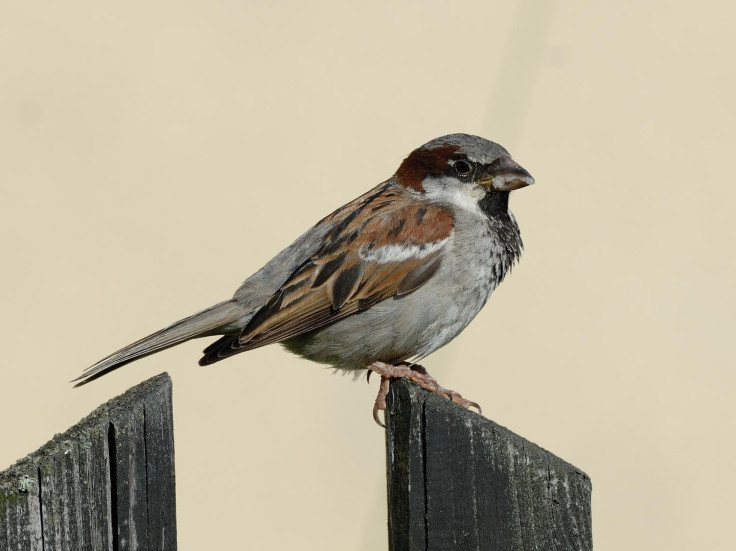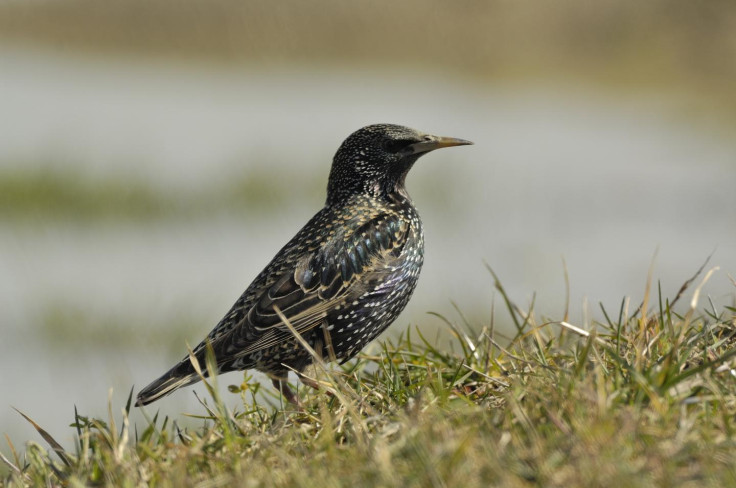Europe's Most Common Bird Species are Rapidly Declining

Over the past 30 years, many of Europe's most common and widespread species of bird have been rapidly declining, according to scientists.
Researchers from the University of Exeter studied 144 species of bird from 25 different countries and found that Europe's bird population had decreased by 421 million within a 30 year period.
Around 90% of the losses were from the continent's 36 most common species, including house sparrows, skylarks, grey partridges and starlings.
Scientist believe that this study highlights the need for greater conservation efforts as this group of birds is the one society gains the most benefits from.
Birds hold an important role in the environment, such as dispersing seeds, controlling pests and removing dead carcasses.
One of the biggest benefits is the huge link they provide between mankind and nature. Many people enjoy feeding, watching and listening to birds, out in the wild or in their own back gardens.
"It is very worrying that the most common species of bird are declining rapidly because it is this group of birds that people benefit from the most," said researcher Richard Inger.
"It is becoming increasingly clear that interaction with the natural world and wildlife is central to human wellbeing and significant loss of common birds could be quite detrimental to human society."

The research also uncovered that even though many common birds are decreasing, some species of rarer birds like harriers, ravens, buzzards and stone curlews, are on the increase, and scientists believe this is down to the conservation action and legal protection they receive.
"The rarer birds in this study, whose populations are increasing, have benefited from protection across Europe," said Richard Gregory from the RSPB's Centre for Conservation Science. "For example, white storks and marsh harriers receive among the highest level of protection in the EU - this is why their numbers have increased. The conservation and legal protection of all birds and their habitats in tandem are essential to reverse declines.
"This is a warning from birds throughout Europe. It is clear that the way we are managing the environment is unsustainable for many of our most familiar species."
© Copyright IBTimes 2025. All rights reserved.





















